Spotify is Releasing AI-Generated Music by Deceased Artists – Without Permission!
What Happens When AI-Generated Music Misuses Artist Accounts?
AI-generated music by deceased artists has appeared in Spotify playlists. What sounds like a macabre plot from a dystopian film is a bitter reality. These tracks supposedly come from well-known musicians who have passed away. In reality, they are purely computer-generated content uploaded without permission from the estate administrators or rights holders. The case of country singer Blaze Foley brings the debate about AI-generated music to a new and disturbing level.
AI-Generated Music Hijacks Artist Profiles – Spotify Under Fire
The story begins with a song titled “Together” appearing on Foley’s official Spotify page overnight. Anyone familiar with Foley knows he was shot dead in 1989. The voice on the track vaguely resembles country music, and the cover shows an artificially generated man holding a microphone. Yet, everything about it is wrong. Craig McDonald, who has managed Foley’s digital estate for the Lost Art Records label for years, says the case is clear: “This is not Blaze Foley.” It’s not even close to his style. Rather, it’s generic “AI schmaltz” that damages the musician’s reputation.
McDonald addresses a sore point that is now preoccupying the entire music industry with clear words. Why doesn’t Spotify, a giant in the industry, protect its artists better from such fakes? The technical capability to do so has long been available. According to McDonald, it’s simply a lack of will, and he holds the streaming service directly responsible. Although it was right for the platform to eventually remove the track, that is not nearly enough. According to Spotify, the upload violated its “Deceptive Content” policy. The track was distributed via SoundOn, a TikTok-owned distributor.
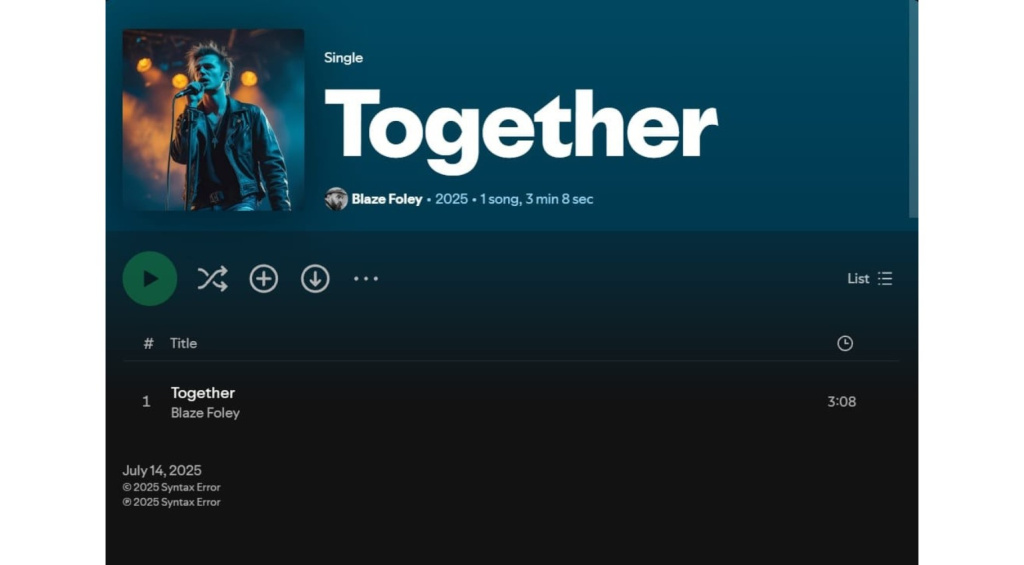
Is This a New Chapter in Digital Ghost Music?
The central question remains: How many of these songs are already online? How many artist names have been hijacked without the consent of AI developers or hobby programmers? The number of unreported cases is likely high because many of these tracks are hidden in algorithmically curated playlists. It is often not immediately apparent to listeners that they are listening to a fake. This is especially true if they have been linked to real artist profiles.
While many large platforms have done little to combat this development, one small provider is showing that there is another way. The rock and metal streaming service ROKK has introduced a system designed to detect and delete AI-generated music. Users can report suspicious tracks here. An employee then verifies whether the music is actually AI-generated. Only tracks that meet the criteria for human-created music remain in the system. Although this approach is time-consuming, it is effective.
AI-Generated Music: Blaze Foley Lives On – But Only as an Algorithm
The Foley case demonstrates what happens when technology is prioritized over respect. Music is not just content that can be generated, duplicated, and published at will. It is an expression of human experience, emotion, and history. Those who blur these boundaries risk not only losing trust but also endangering cultural memory, especially when it comes to artists who can no longer defend themselves.
AI-generated music undoubtedly has creative potential. However, without clear rules, transparency, and ethical guidelines, it threatens the integrity of real art. Spotify and other streaming services must develop solutions before user trust is permanently lost. Ultimately, it’s not just about technology; it’s about responsibility.
More Information on Spotify
One response to “Spotify is Releasing AI-Generated Music by Deceased Artists – Without Permission!”

 4,0 / 5,0 |
4,0 / 5,0 | 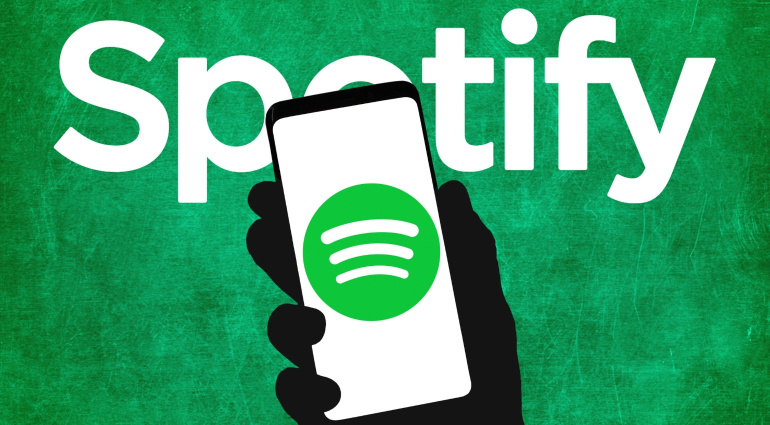

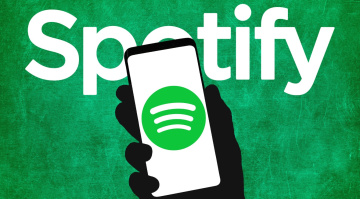

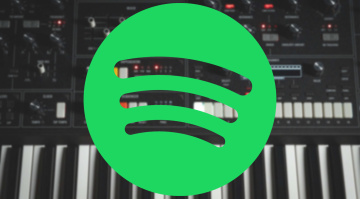

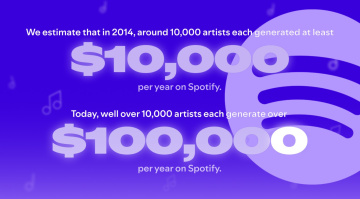

> The technical capability to do so has long been available.
Was it? Because article then says that in ROKK it’s humans that do both reporting and the report verification. Not really a tech, no?
There might be malice on Spotify part, but we also know there are no silver bullet algorithms for those cases. See Youtube too and their problems with reportings.
And does the big competition do it better: Tidal? Apple Music? Amazon? Bandcamp?